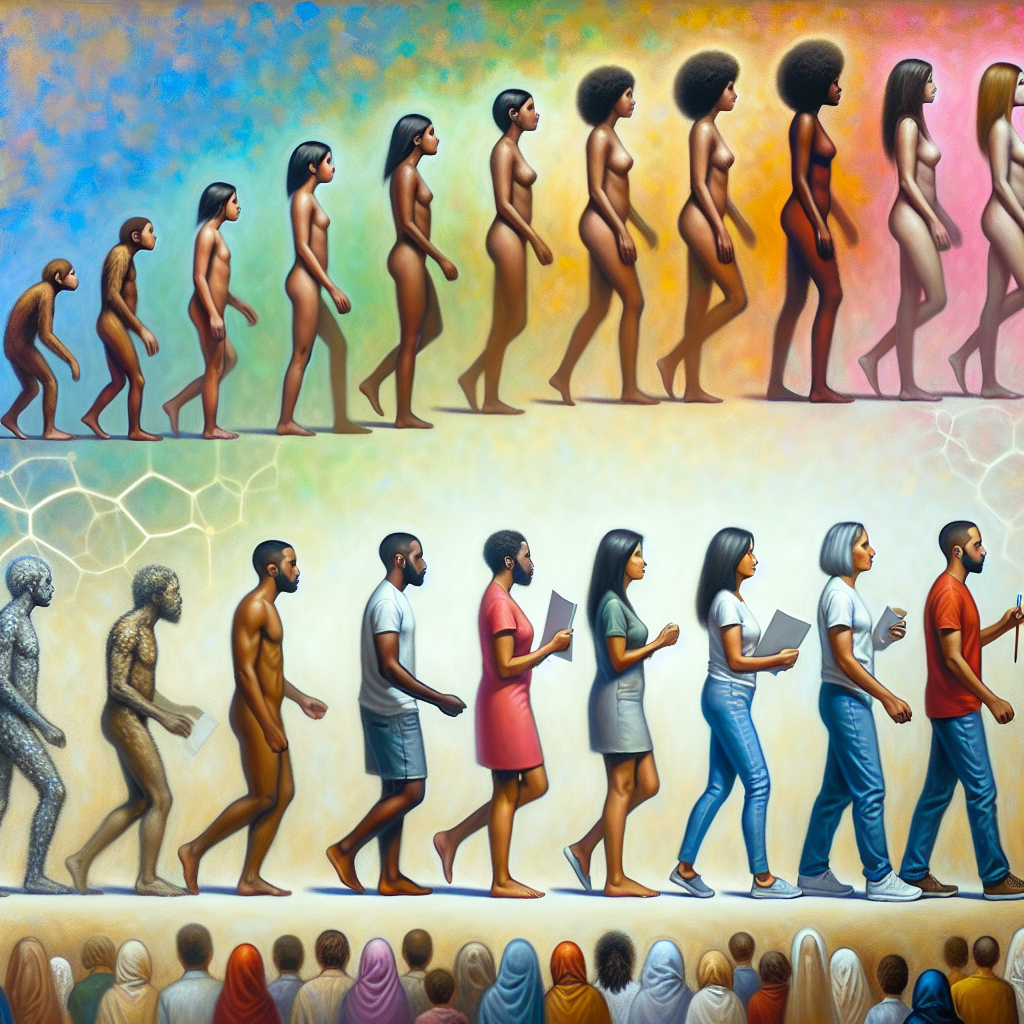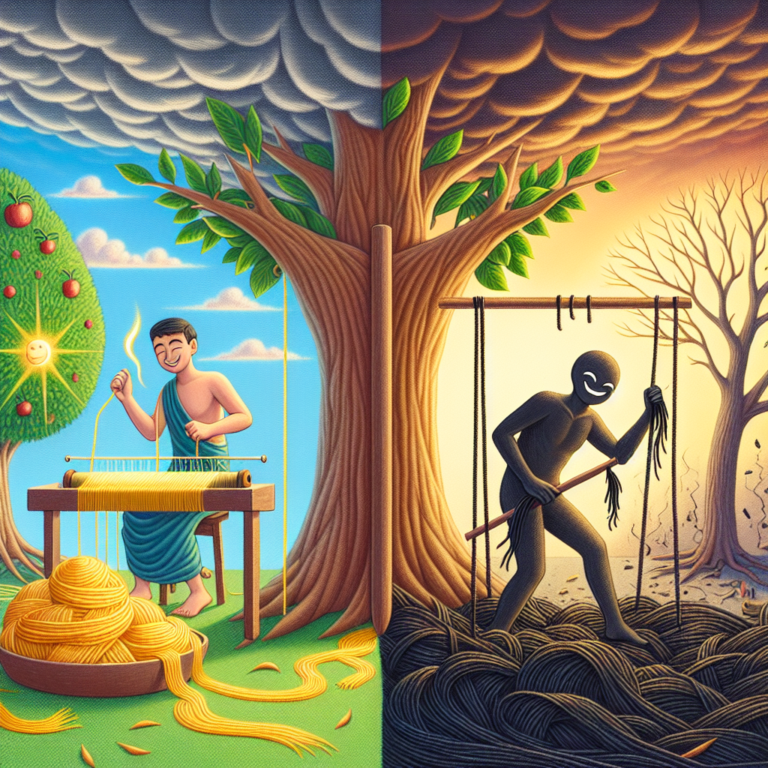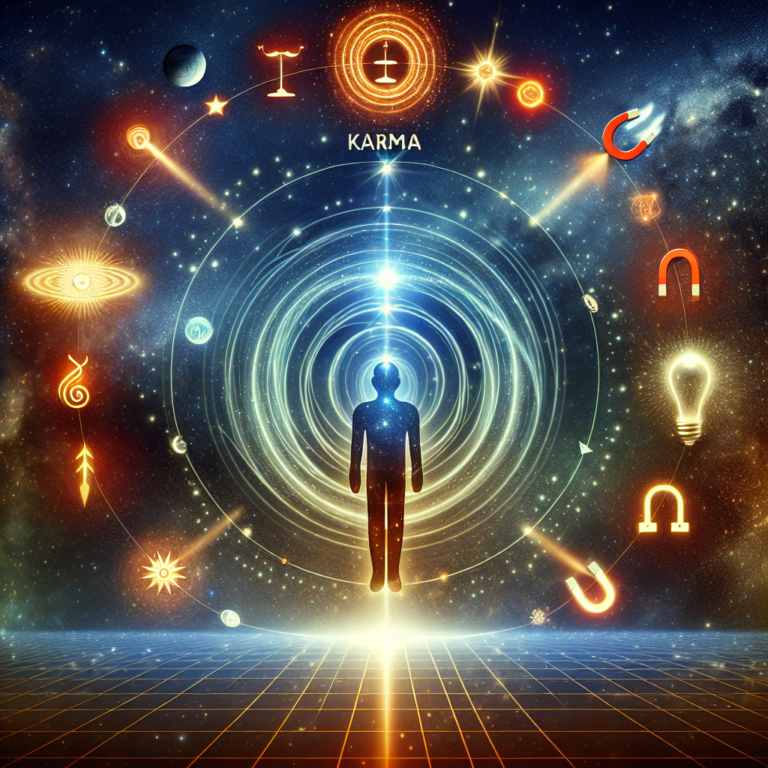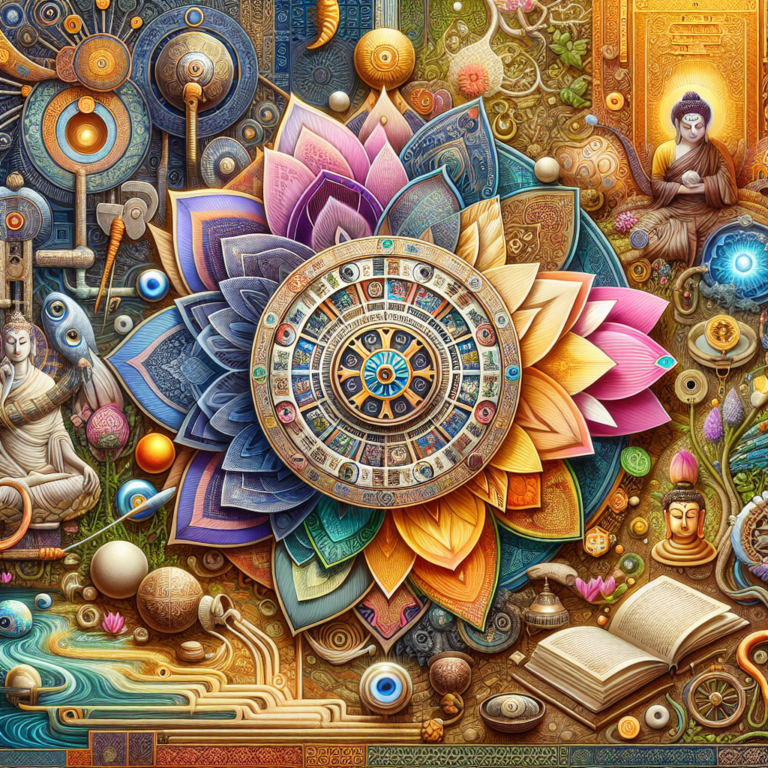In the realm of reality television, few shows exemplify the convergence of culture, relationships, and the intricacies of human emotion quite like Family Karma. Premiered in March 2020 on Bravo, this groundbreaking series offers a unique lens into the lives of Indian-American families in Miami while showcasing the multi-dimensional relationships within their communities. Beyond the glitzy scenes and real-life drama lies an exploration of the evolution of relationships—be it familial bonds, friendships, or romantic connections.
A Groundbreaking Perspective on Family Dynamics
Family Karma is not just another reality show; it’s a nuanced portrayal of the complexities of relationships in a modern immigrant narrative. By focusing on several Indian-American families, the show taps into the cultural and generational disparities that often shape family dynamics. Relationships in Family Karma illustrate the delicate balance between traditional values and contemporary lifestyles, highlighting how individuals navigate these influences as they forge connections with each other.
In many ways, the show acts as a mirror reflecting shared experiences of first and second-generation immigrants. For instance, we see the friction that exists between parents who hold traditional expectations for their children and the younger generation striving to carve out their own identities. The discourse around marriage, career choices, and cultural customs often leads to poignant moments that resonate with audiences familiar with similar conflicts.
The Significance of Friendship
Equally essential to the narrative of Family Karma is the portrayal of friendships—a theme that is as significant as family connections. The friendships among the cast members reveal another layer of relationship dynamics, one that juxtaposes the warmth of chosen families against the sometimes harsher realities of biological ties.
The series showcases the camaraderie among friends who have grown up together, emphasizing loyalty, love, and the trials of adult friendships. This portrayal challenges the notion that family is the only source of support, instead demonstrating how friends can play an integral role in navigating life’s complexities. The evolution of these relationships often serves as a powerful counterbalance to familial strife, giving characters the space to express their individuality and seek solace in their chosen companions.
The Dance Between Tradition and Modernity
One of the more thought-provoking aspects of the series is its exploration of how tradition interplays with modernity in the relationships depicted. The characters, each with their distinct personalities and life choices, embody the struggle of adhering to cultural norms while simultaneously craving personal freedom. As they navigate friendships and romantic entanglements, the tension between these two forces becomes palpable.
For example, characters like Vishal and Richa illustrate this duality beautifully. Their engagement and the pressure to conform to traditional expectations clash with their desire to chart their own path. Moments of celebration are often shadowed by anxiety over how family approval intertwines with personal happiness. This spectrum of experiences ultimately enriches the show, eliciting dialogue among its viewers about the broader implications of such dilemmas in modern society.
Romantic Relationships: Navigating Love in the Spotlight
Romantic relationships on Family Karma are another focal point that showcases the evolution of human connection amidst the societal pressures unique to their cultural context. The relationships developed on the show underscore how romantic partnerships can be complicated by external expectations and internal struggles.
Take the on-again, off-again romance between Amrit and Nicholas. Their relationship represents the broader conversation about LGBTQ+ identities within traditional South Asian cultures. Through their journey, Family Karma adds depth to the narratives around acceptance, revealing both the personal and familial obstacles they encounter on their journey toward love. The series tackles the subject matter with sensitivity, shedding light on the importance of authenticity in love, all while being nestled in the culturally rich tapestry of the Indian-American experience.
The Role of Conflict in Relationship Evolution
Conflict plays a pivotal role in the evolution of relationships depicted in Family Karma, serving as both a catalyst for growth and a lens through which viewers can witness the complexity of interpersonal dynamics. The show portrays conflicts in various forms: misunderstandings rooted in cultural differences, generational clashes, and personal grievances among friends.
For instance, moments of friction between cast members often lead to the revelation of deeper insecurities and previously unspoken expectations. These challenges, when confronted, frequently lead to moments of clarity, allowing relationships to evolve. The resolution of conflicts—whether through heartfelt conversations, apologies, or learning from mistakes—ultimately reflects the resilience required to navigate relationships in a constantly changing landscape.
Building Community and Identity
Beyond the individual relationships is the sense of community that thrives within the series. Family Karma illustrates how the relationships among cast members extend into their broader community. The evolving narrative emphasizes the importance of cultural identity, showcasing how shared experiences foster a profound sense of belonging.
Moments of cultural celebration—whether through festivals, family gatherings, or community events—act as anchors throughout the show, reinforcing bonds among friends and families while offering viewers a glimpse into the richness of their heritage. This emphasis on community serves as a reminder that, while individuals may grapple with personal struggles, they also find strength and support within their cultural framework.
Conclusion: A Rich Tapestry of Human Emotion
The evolution of relationships in Family Karma transcends the boundaries of reality television, offering viewers a profound reflection on the complexities of life, love, and cultural identity. The show is more than just a spectacle; it is a heartfelt portrayal that captures the essence of familial bonds, the harmony and dissonance of friendships, and the pursuit of love in diverse contexts. As the characters navigate these dimensions of their lives, audiences are invited to ponder the multifaceted nature of human connection and the rich tapestry it weaves.
FAQs
Q1: What is Family Karma about?
A1: Family Karma is a reality television series that follows the lives of Indian-American families in Miami, exploring their relationships, cultural heritage, and the challenges of blending traditional values with modern lifestyles.
Q2: What themes does the show explore?
A2: The show explores various themes, including family dynamics, friendships, romantic relationships, cultural identity, and the balance between tradition and modernity.
Q3: How does Family Karma address cultural issues?
A3: The series addresses cultural issues by highlighting the experiences of first and second-generation immigrants, illustrating the conflicts between traditional expectations and contemporary realities.
Q4: Are the relationships on the show real?
A4: Yes, the relationships depicted in Family Karma are real and reflect the authentic dynamics among the cast members, including their families and friends.
Q5: Is Family Karma suitable for all audiences?
A5: Family Karma is rated for adult viewers and may contain themes and language that some audiences might find sensitive. Viewer discretion is advised.
It seems like your message got cut off! What kind of prompt are you looking for? Are you interested in a writing prompt, a creative idea, or something else? Let me know how I can assist you!, #Evolution #Relationships #Family #Karma #Reality #Show, #Evolution #Relationships #Family #Karma #Reality #Show, 1736188299, the-evolution-of-relationships-in-family-karma-more-than-just-a-reality-show





